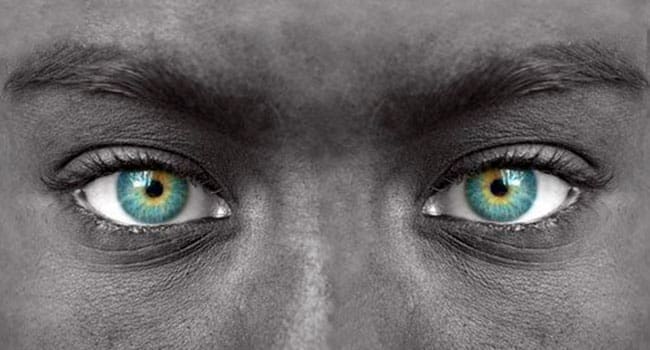 Buddhism tells us there are three poisons: greed, hatred and delusion. Studying history and the world around us, we can see that most of our problems are rooted in these evils. It is also interesting to note how they build off of each other.
Buddhism tells us there are three poisons: greed, hatred and delusion. Studying history and the world around us, we can see that most of our problems are rooted in these evils. It is also interesting to note how they build off of each other.
Believing that satisfying greed is good for anyone is delusional. Unchecked laissez-faire capitalism is bad for long-term economic development. The American organization Patriotic Millionaires, for example, states, “We believe that the trend of growing economic inequality is bad for society and bad for business. … We believe that a national ‘living wage’ law will ensure a stable level of aggregate demand, which will fuel our economy more broadly, ushering a new era of prosperity for all Americans, including rich ones.”
These concepts also apply on the global scale. When humans are allowed to thrive, so do economies. And investing in renewable energy makes economic and environmental sense. Look at Germany’s thriving economy or the success of Tesla Inc.
Hatred is also delusional, as is racism. We can ask if race even exists. According to Statistics Canada, for example, I’m a visible minority because I’m half Syrian. I’m also half German. People who meet me would never guess my ethnicity. Other than as part of our own ethnic identity, humanity is growing to a point where race no longer exists.
Hatred for other groups often fades as we get to know each other. South Korean-born American journalist Euna Lee, after being captured and imprisoned in North Korea, for example, said many of her so-called enemies treated her with kindness. Although she had been taught most of her life to fear and hate North Koreans, “I was able to see humanity over hatred in my enemy’s eyes.”
What then is the antidote to these poisons? It’s quite astounding how all life-giving philosophies and religions come to the same conclusions, regardless of distances in time and space. Many North American Indigenous peoples, for example, refer to the Seven Grandfather Teachings. Regardless of our origins, we can all relate to these universal principles:
• Humility, which ultimately means to embrace our gifts and use them for the good of all.
• Honesty: We need to not only speak truthfully to others, we need to be honest with ourselves.
• Respect: When we respect, there’s no waste. We use things wisely and there’s always enough. The respect we give is also returned to us.
• Courage: We will face challenges and struggles. This is simply part of life. When we face them with courage, we become better and stronger, and we find meaning in life.
• Wisdom: Every person is unique. When we observe and listen, we learn a great deal. As we live this way, we grow in wisdom.
• Truth: Living according to the first five teachings leads us to discover the sixth. This is the antidote to all forms of delusion.
• Love: This is the greatest principle. To love another, we must first love ourselves. In order to love, we need to live the other six principles.
We see the folly of hatred and greed in the world around us. They always fail.
As we embrace the life-giving principles, which are in essence the celebration of our common humanity, we manifest a world in which everyone can thrive.
Troy Media columnist Gerry Chidiac is an award-winning high school teacher specializing in languages, genocide studies and work with at-risk students.
The views, opinions and positions expressed by columnists and contributors are the author’s alone. They do not inherently or expressly reflect the views, opinions and/or positions of our publication.

